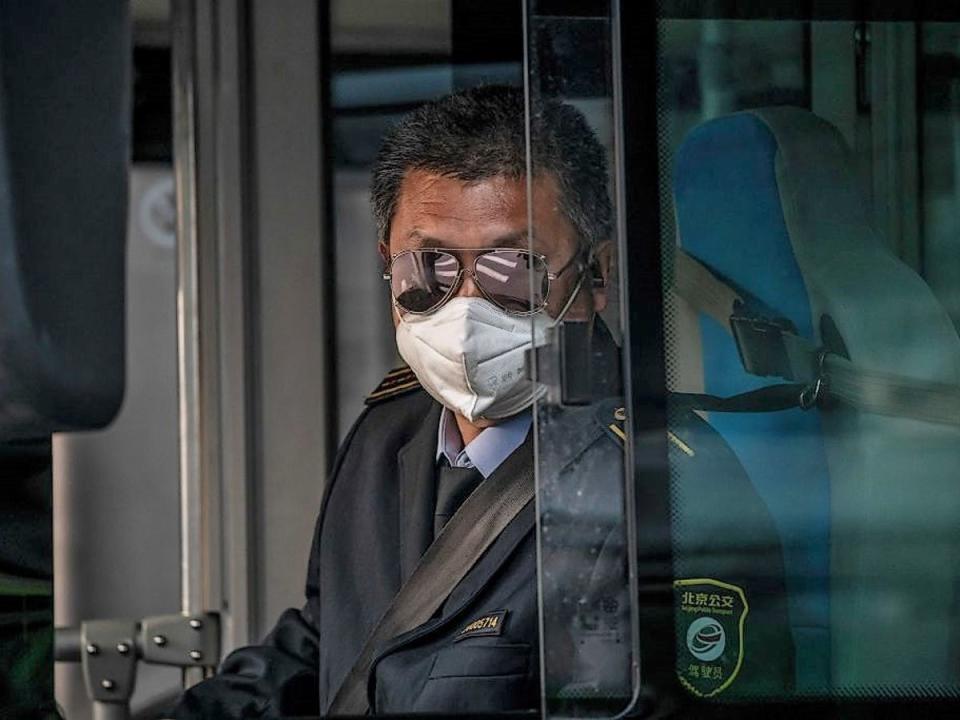China forces bus drivers to wear emotion-tracking bracelets

Bus drivers in Beijing have been told to wear wristbands that monitor their emotions, according to reports.
The new public transport measures have raised privacy concerns among some legal experts, who warn of increasingly broad surveillance of citizens in China.
The state-run Beijing Public Transport Holding Group claimed the electronic bracelets were necessary to protect public safety, the South China Morning Post reported.
Around 1,800 trackers have already been distributed to long-distance bus drivers, according to state-backed Beijing Daily newspaper.
The wristbands are reportedly able to monitor a wearer’s vital signs, such as heart rate and blood oxygen level, as well as their sleep stats and overall emotional state.
No further details were given about the wearable technology or what specific data will be collected and used.
“Providing a tracking bracelet is a way of applying technology to strengthen the management of the physical and mental health of drivers,” Beijing Public Transport said in a social media post following a test of the wearable in June.
More than 40,000 operational drivers have already been tested for “psychological suitability”, while Beijing Public Transport also plans to introduce 5,000 sets of recognition systems that monitor for “abnormal behaviour”.
China already ranks as the most heavily surveilled country in the world, with an estimated 540 million CCTV cameras installed throughout the country.
Citizens are also subjected to a social credit system that rewards and punishes people based on their economic and personal behaviour.
People with a positive credit score receive fast-tracked approval for government services, while those with a poor social credit score can experience reduced employment prospects and even denied travel on public transport.

 money
money 